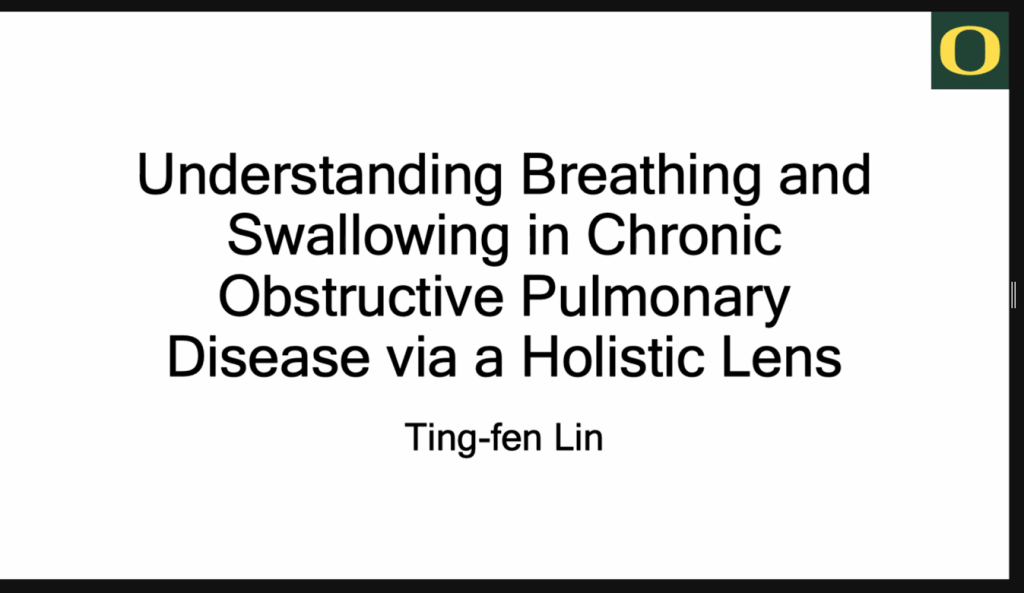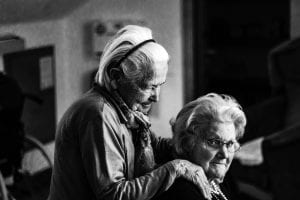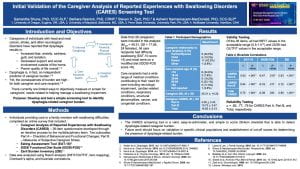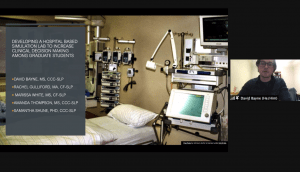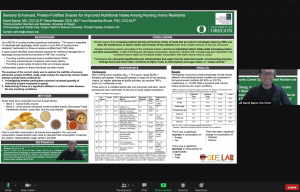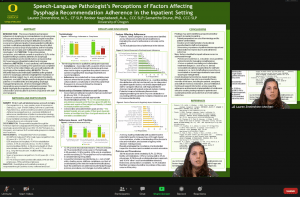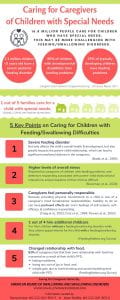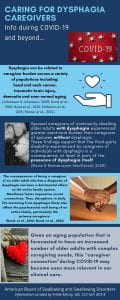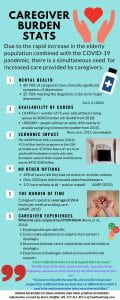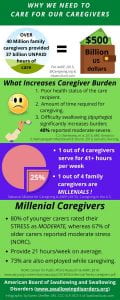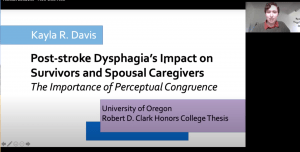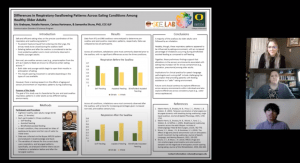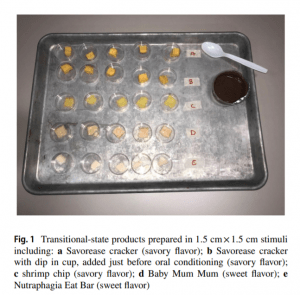A big congratulations to Claire Malany, Hayley Neptune, and Magda van Leeuwen on the successful completion of their master’s capstone projects. The projects they completed through the O-SEE Lab were all extremely meaningful and clinically relevant – and have great potential to impact the field of speech-language pathology. The titles of their projects were:
Mealtime management of culturally and linguistically differing (CLD) populations: A qualitative study (Claire Malany and Hayley Neptune)
Implications of snacking on nutrition and quality of life in nursing home residents (Magda van Leeuwen)
Check out the great handouts they prepared with some of the key take-aways from their talks!
Cultural Responsivity and Dysphagia
Implications of Snacking on Nutrition and Quality of Life in Nursing Home Residents
